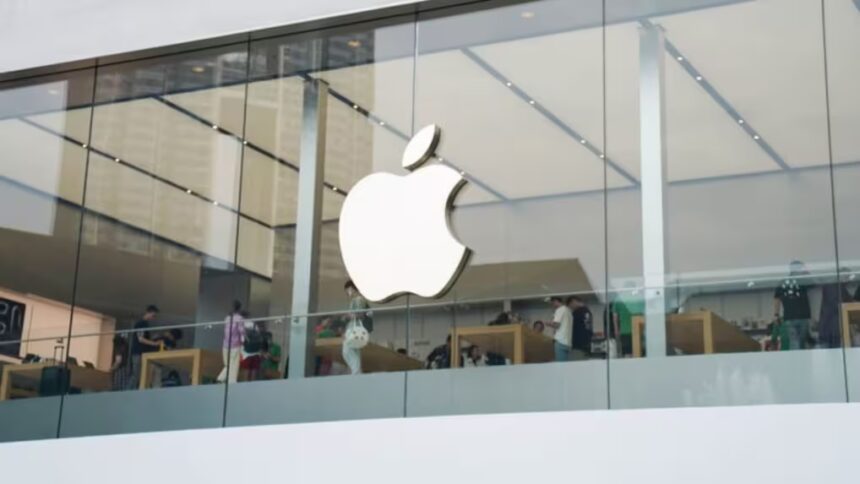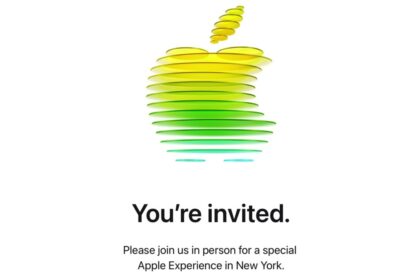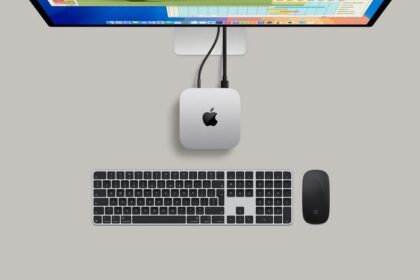Apple’s ongoing legal struggle over its App Store practices in the United Kingdom has entered a critical new phase. The UK’s Competition Appeal Tribunal (CAT) has officially denied Apple’s request to appeal a ruling that orders the company to pay $2 billion in compensation to App Store users.
However, this setback doesn’t mark the end of the road — Apple now plans to take its case to the UK Court of Appeal, escalating the dispute to a higher level of judicial review.
At a recent hearing, the Competition Appeal Tribunal ruled that Apple’s request to appeal its earlier decision lacked a reasonable chance of success. In essence, CAT determined that the company’s arguments failed to present new or convincing legal grounds that would justify reconsidering the previous verdict.
The tribunal’s chair stated that Apple’s submissions did not sufficiently demonstrate that any part of the original decision was “erroneous in law or principle.” Consequently, the request for appeal within the same tribunal was denied.
While the formal written notice of refusal has not yet been issued, it is expected shortly. Once Apple receives it, the company will have 21 days to file an appeal with the higher UK Court of Appeal, which represents the next and final domestic judicial option.
Legal experts note that such refusals are not unusual — it’s uncommon for a tribunal to overturn or criticize its own ruling. The real test for Apple will be whether the Court of Appeal accepts the case and agrees that CAT’s handling warrants review.
Even as the legal wrangling continues, the CAT is still deliberating how and when the $2 billion compensation will be paid. These discussions include:
- How the payment will be structured and administered.
- Whether the funds will be held in escrow while Apple’s further appeal is pending.
- Specific cost allocations between Apple and the claimants’ legal teams.
The tribunal is expected to issue instructions on these matters in the coming weeks. Until the appeals process is exhausted, Apple is unlikely to be required to distribute the payment directly to affected App Store users.
Apple’s Official Response
Although Apple has not made a fresh public comment following CAT’s refusal, it reiterated its earlier statement criticizing the ruling as “flawed.”
“We thank the tribunal for its consideration but strongly disagree with this ruling, which takes a flawed view of the thriving and competitive app economy. The App Store has benefited businesses and consumers across the U.K., creating a dynamic marketplace where developers compete and users can choose from millions of innovative apps. This ruling overlooks how the App Store helps developers succeed and gives consumers a safe, trusted place to discover apps and securely make payments.”
Apple also emphasised that the App Store “faces vigorous competition” from other platforms with “fewer privacy and security protections,” and confirmed that it intends to appeal the decision to a higher court.
Apple’s Arguments for Further Appeal
Documents filed by Apple with CAT (and obtained by AppleInsider) reveal the company’s intended strategy for its next appeal. The filing outlines 33 distinct points of disagreement with the tribunal’s earlier ruling — several of which allege errors of law or misapplication of economic principles.
Among the key arguments Apple plans to present to the Court of Appeal:
Unfair Comparisons to Other Platforms
- Apple argues that CAT unfairly compared the App Store’s fees to those of other platforms such as Steam, Epic Games Store, and Microsoft’s storefront.
- According to Apple, these services are not equivalent because they do not offer the same integrated developer tools, security infrastructure, and user base that the App Store provides.
Incorrect Market Assumptions
- Apple contends that CAT accepted as fact that developers would have charged users less if Apple’s commission rates were lower.
- The company argues that this claim is unsupported by evidence, citing internal research and external economic studies suggesting price reductions are not directly tied to platform fees.
“Informed Guesswork” in Damage Calculation
- Apple says that CAT’s $2 billion figure was derived using what the tribunal itself described as “informed guesswork.”
- The company argues that such an approach lacks the necessary legal and economic precision required for a damages award of this scale.
Failure to Recognise Platform Competition
- Apple maintains that CAT ignored the competitive pressure from Android, which offers users and developers a major alternative ecosystem.
- The company asserts that this oversight wrongly paints Apple as holding monopoly power over app distribution in the UK market.
Context
The case stems from long-running accusations that Apple’s App Store practices inflate app prices by forcing developers to pay commissions — typically 30% — on all in-app purchases and digital sales.
The lawsuit, filed under UK competition law, argues that this model effectively forces higher consumer prices and restricts developer choice. CAT previously sided with claimants, ruling that Apple’s practices harmed consumers and ordering the company to pay approximately $2 billion in compensation.
This case mirrors Apple’s other legal challenges in the European Union and United States, where regulators have scrutinized its App Store fee structure and alleged “anti-competitive” practices.
Assuming CAT issues its written denial by November 14, 2025, Apple will have until December 5, 2025, to file its formal appeal with the Court of Appeal.
If the higher court agrees to hear the case, proceedings could extend well into 2026. Meanwhile, consumer groups and developers are closely watching the outcome, as it could set a major precedent for how digital marketplaces are regulated in the UK.
For now, Apple faces a difficult balancing act — defending its App Store ecosystem while navigating mounting legal scrutiny that could reshape its business model across Europe.











